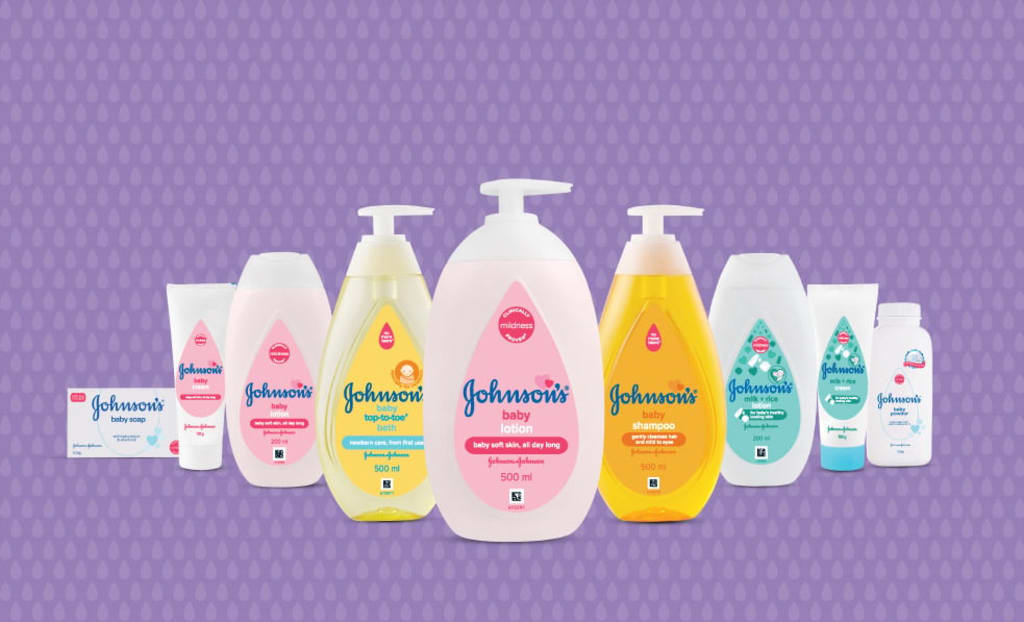Johnson & Johnson Scandal
Johnson & Johnson Side Effects

Johnson & Johnson (J&J) is a global pharmaceutical and consumer goods company headquartered in New Jersey, United States. The company has been in operation for over 130 years and has been responsible for creating many household brands like Band-Aid, Tylenol, and Johnson's Baby products. However, J&J has faced many controversies over the years, with the most significant one being the talcum powder scandal. In this blog post, we will explore the scandal and its impact on the company.
History of Johnson & Johnson:
Johnson & Johnson was founded in 1886 by Robert Wood Johnson, James Wood Johnson, and Edward Mead Johnson. The company's first product was a sterile surgical dressing made from cotton and used to dress wounds. In the early 1900s, the company started manufacturing consumer products like baby powder, bandages, and other healthcare products. By the 1920s, J&J had become a household name and had expanded globally, with offices and factories in several countries.
The Talcum Powder Scandal:
In 1971, J&J started selling talcum powder under the brand name "Johnson's Baby Powder." The powder was marketed as a safe and gentle product for babies and adults. However, over the years, the company faced allegations that the talc in the powder was contaminated with asbestos, a known carcinogen.
In 2018, Reuters published an investigative report that claimed that J&J knew for decades that its talcum powder contained asbestos. The report was based on internal company documents and testimony from company executives, scientists, and lawyers. The report stated that J&J had been aware of the asbestos contamination since the early 1970s and had tried to conceal it from the public and regulators.
The report led to a wave of lawsuits against J&J, with many plaintiffs claiming that they had developed cancer due to using the company's talcum powder. In July 2018, a Missouri court awarded $4.7 billion in damages to 22 women who claimed that J&J's talcum powder caused their ovarian cancer. The verdict was later overturned, but the case set a precedent for future lawsuits.
J&J denied the allegations and maintained that its talcum powder was safe and asbestos-free. The company claimed that it had conducted numerous tests over the years and that none of them had detected asbestos in the powder.
However, in October 2019, J&J announced that it was recalling 33,000 bottles of talcum powder after the US Food and Drug Administration (FDA) found trace amounts of asbestos in a sample of the product. The company stated that it was initiating the recall out of an abundance of caution and that it had launched an investigation into the matter.
Impact of the Scandal:
The talcum powder scandal has had a significant impact on J&J's reputation and finances. The company faced thousands of lawsuits related to the product, and in 2020, it agreed to pay $2.1 billion to settle more than 100,000 lawsuits. The settlement was the largest in the company's history and reflected the severity of the scandal.
The scandal also led to increased scrutiny of the company's operations and practices. In 2020, J&J announced that it was discontinuing the sale of talcum powder in the US and Canada. The company stated that it was doing so due to changing consumer habits and misinformation about the product's safety.
The scandal has also had a wider impact on the cosmetics industry. It has led to increased scrutiny of talc-based products and raised questions about the safety of other cosmetic ingredients. The FDA has called for more research into the safety of talc in cosmetics, and several companies have reformulated their products to exclude talc.
Johnson & Johnson scandal serves as a reminder of the importance of product safety and transparency in the corporate world. The company's actions in knowingly selling asbestos-containing talc-based products and failing to warn consumers of the potential health risks demonstrate the need for stronger regulations and oversight of corporations to protect public health. The impact of the scandal on individuals affected by mesothelioma and other related illnesses cannot be overstated. It is important for companies to prioritize the health and safety of their consumers above all else and for consumers to be informed and educated about the products they use. The Johnson & Johnson scandal also highlights the need for companies to take responsibility for their actions and make amends for any harm caused. The measures taken by the company in response to the scandal, including recalling certain products and paying settlements to affected individuals, are a step in the right direction. However, it remains to be seen whether Johnson & Johnson will make meaningful changes to prevent similar scandals from happening in the future. Overall, the Johnson & Johnson scandal is a cautionary tale of the consequences of prioritizing profits over public health and the need for increased accountability and transparency in the corporate world.
About the Creator
Arun Ramasamy
Nature Lover, Just go with the flow, techno freek.
Do what you can.. don't when you cannot.






Comments
There are no comments for this story
Be the first to respond and start the conversation.